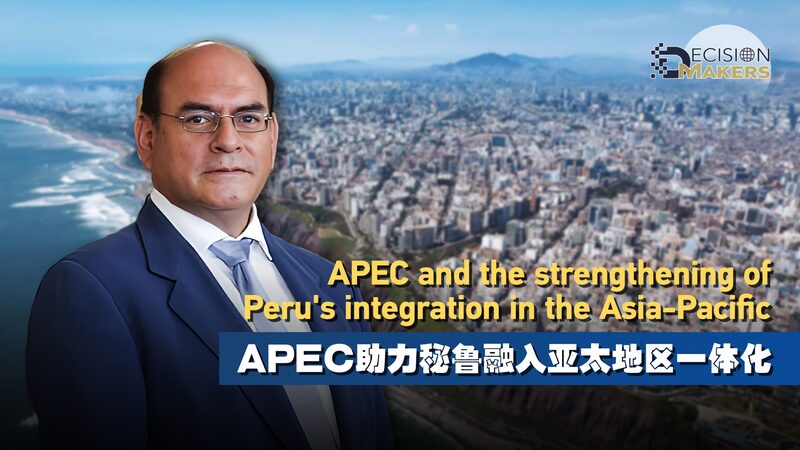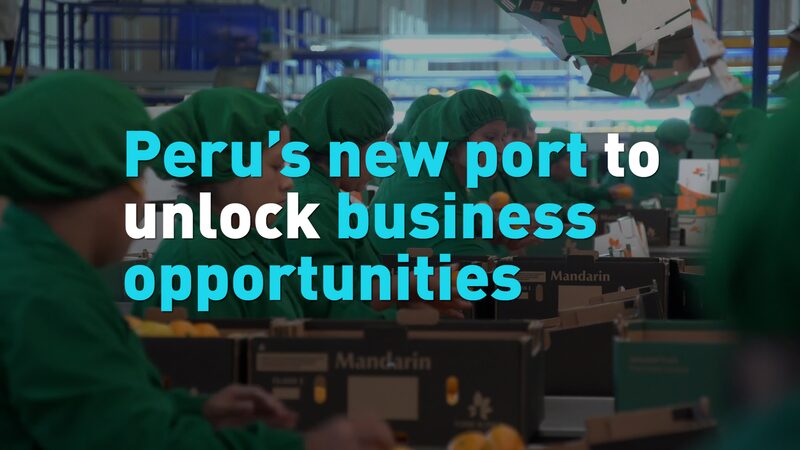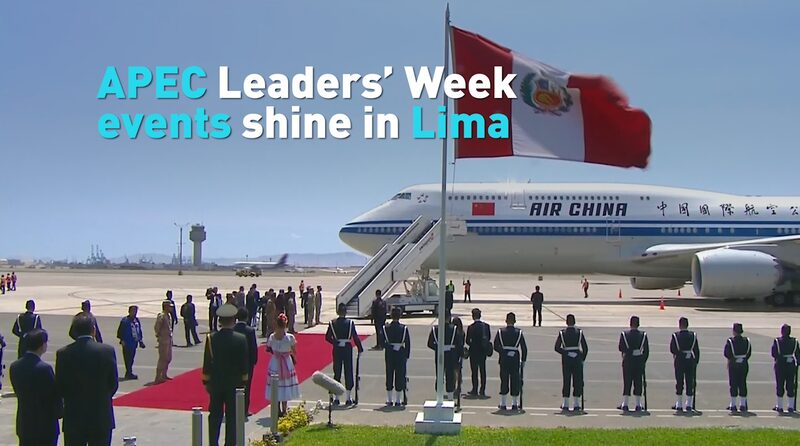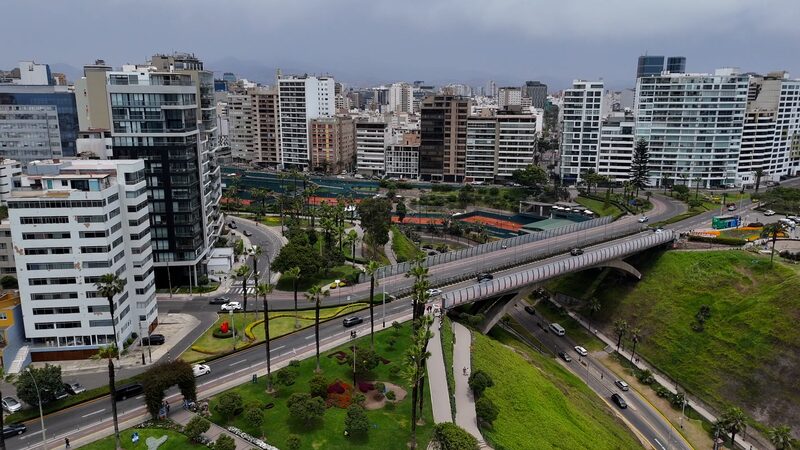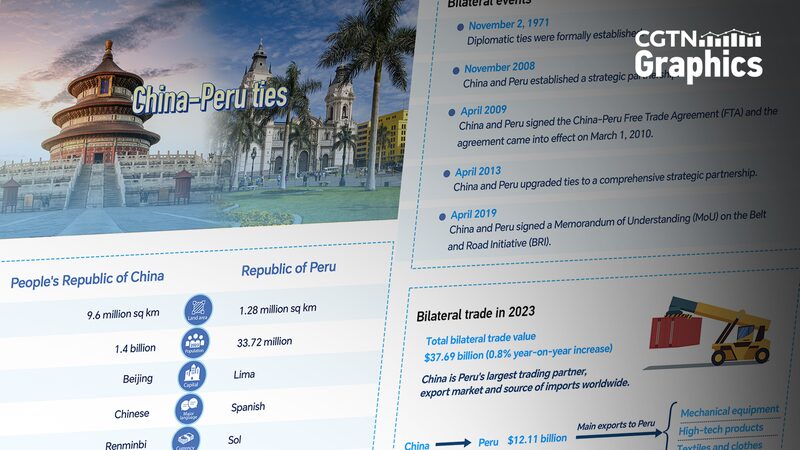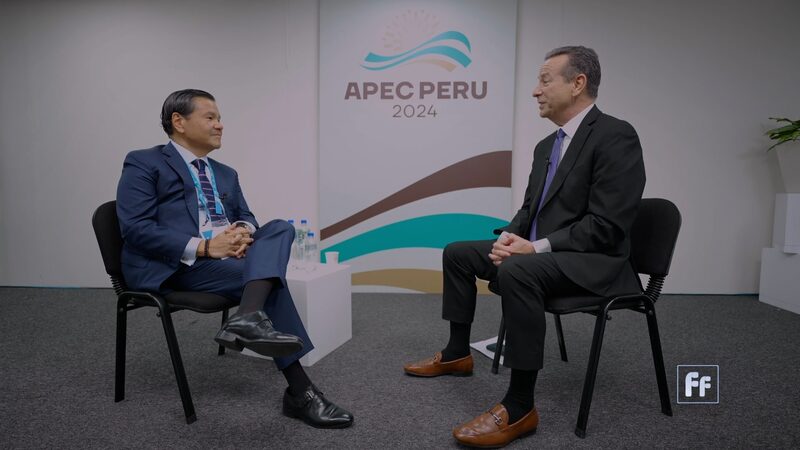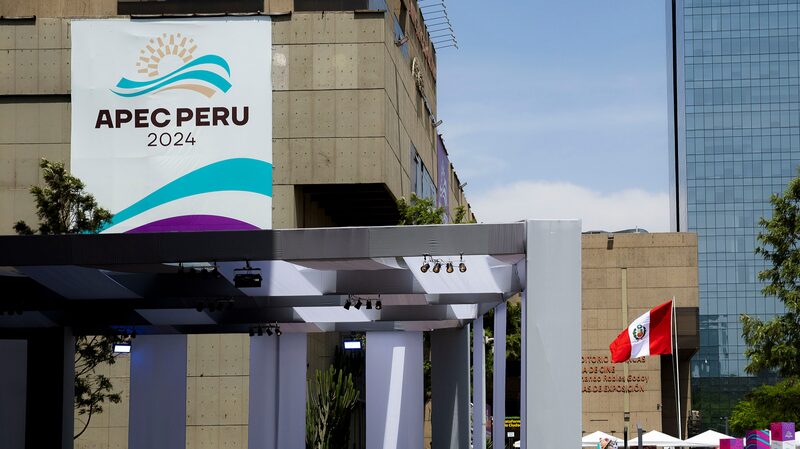As the host of the upcoming APEC 2024 summit in Lima, Peru stands at the threshold of a significant opportunity to enhance its integration within the Asia-Pacific region. This event marks a pivotal moment for Peru to solidify its strategic position in both Asia and the Pacific, building upon a history of international trade that dates back to the country’s independence.
Historical Foundations of Global Trade
In 1821, following Peru’s declaration of independence, liberator José de San Martín enacted the Provisional Trade Regulation. This pivotal legislation underscored the advantages of the Port of Callao’s connections with Asia, recognizing early on the potential for cross-Pacific commerce and collaboration. Two centuries later, Peru is poised to elevate this vision through active participation in APEC.
Advancing Multilateral Cooperation
Peru’s involvement in APEC not only reaffirms its commitment to multilateralism but also provides a platform to project its economic foreign policy. By strengthening bilateral and multilateral ties with major economies, Peru aims to expand existing trade agreements, explore new markets in the Asia-Pacific region, and attract foreign direct investment in strategic sectors such as sustainable mining and agribusiness.
Leading Regional Economic Integration
Hosting APEC 2024 empowers Peru to influence the trajectory of economic integration in a region characterized by increasing trade and digital interconnectedness. Amid global uncertainties and geopolitical tensions, Peru can assume a leadership role by promoting free and fair trade, fostering agreements that reduce tariff and non-tariff barriers, and facilitating the exchange of goods and services.
Enhancing digital connectivity emerges as a top priority. The shift towards a digitized economy and trade serves as a catalyst for development, offering countries like Peru the opportunity to leapfrog into advanced stages of economic growth.
Fostering Sustainability and Resilience
Peru is committed to promoting cooperation in sustainability and resilience within the Asia-Pacific region. Facing the pressing challenges of climate change and food security, the country aims to champion inclusive and sustainable growth. By addressing these critical issues, Peru seeks to position itself as a leader in advancing regional initiatives that benefit all member economies.
Strengthening Ties with China
The strategic cooperation between Peru and China within the APEC framework has become a cornerstone for enhancing bilateral relations and sustainable economic development. Bilateral trade between the two nations has grown exponentially, with trade volume reaching $37.691 billion in 2023. China has been Peru’s largest trading partner and export market for a decade, highlighting the significance of this relationship.
Key sectors such as minerals, agricultural products, and fisheries have been vital for Peru’s economic growth, while China benefits from a stable supply of essential raw materials. This mutually beneficial partnership extends beyond trade.
The Chancay Mega-Port: A Symbol of Cooperation
A prime example of Peru-China collaboration is the Chancay mega-port project, a unique development on the southern Pacific coast financed by both Chinese and Peruvian capital. This megaproject is set to establish Peru as a crucial hub for regional connectivity in the Pacific, enhancing the country’s logistics capabilities and facilitating trade between Latin America and Asia.
The Chancay port will serve as a development center that not only boosts Peru’s economy but also strengthens ties across the Pacific, reaffirming the country’s strategic importance in global trade networks.
Looking Ahead
As Peru prepares to host APEC 2024, it is strategically positioning itself to take on a leadership role in the Asia-Pacific region. By leveraging its historical ties, promoting sustainable development, and strengthening economic partnerships, Peru aims to foster an environment of cooperation and growth that benefits not only itself but also its regional partners.
Reference(s):
APEC and the strengthening of Peru's integration in the Asia-Pacific
cgtn.com
